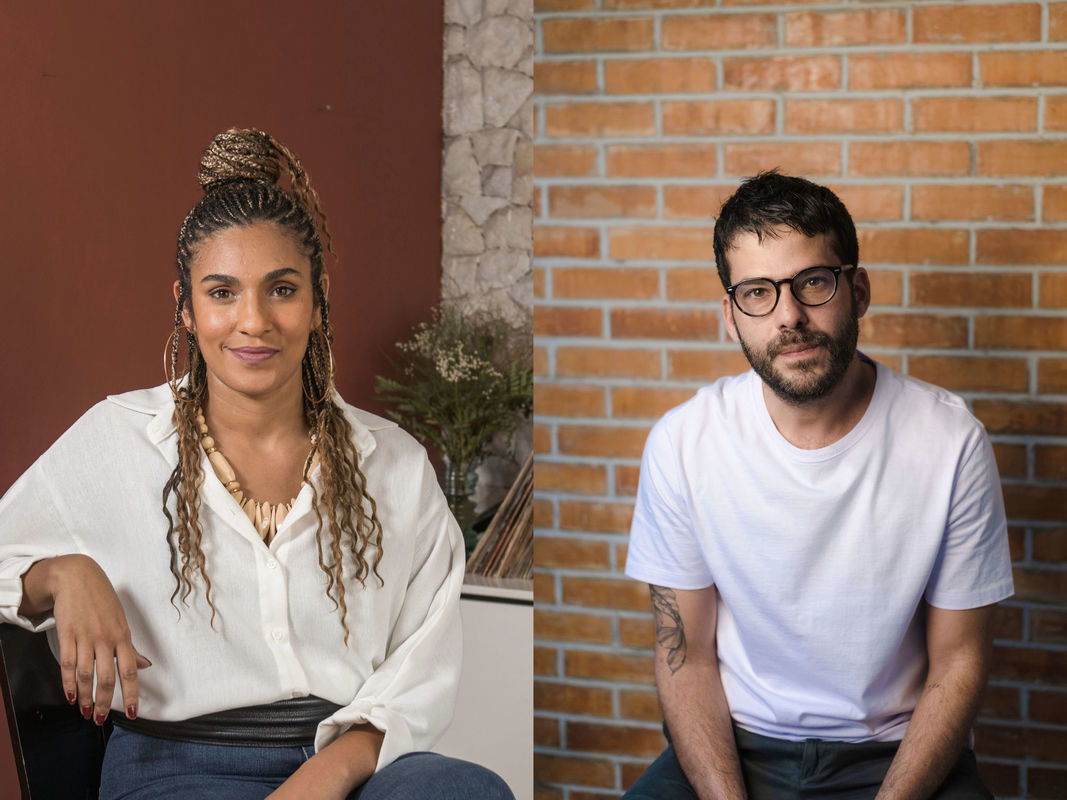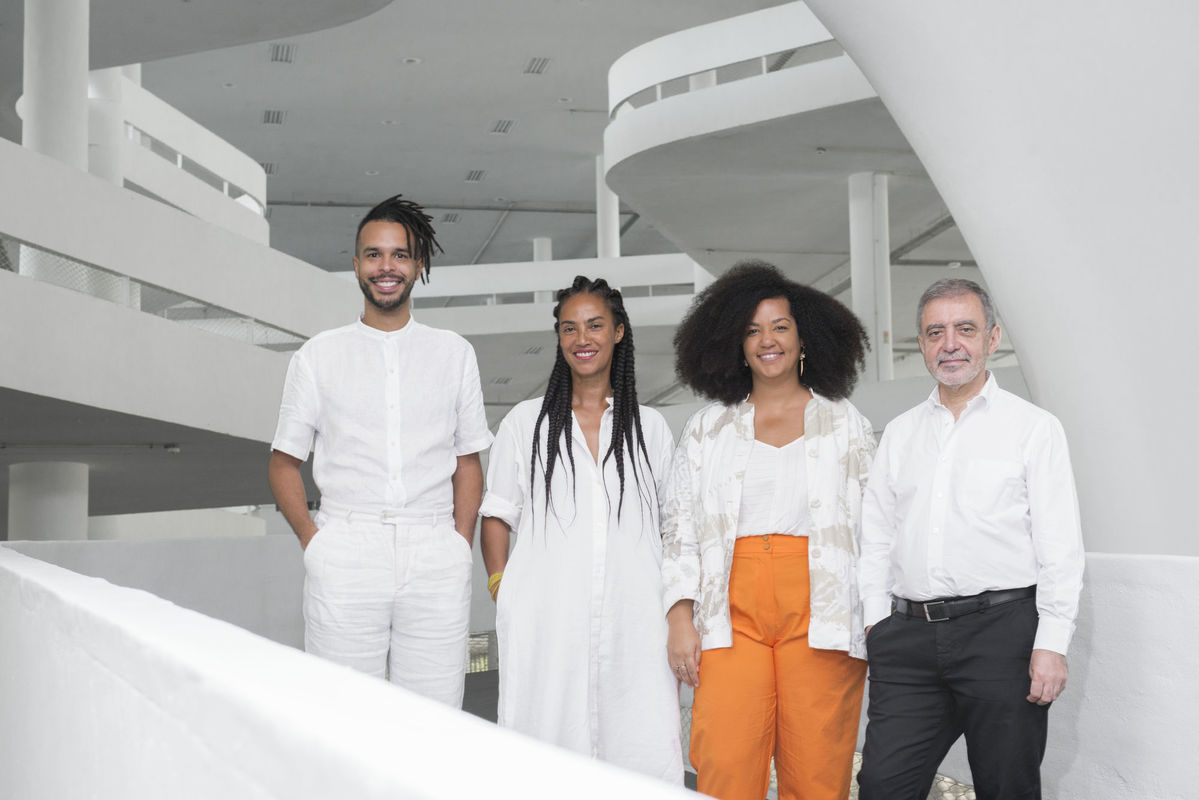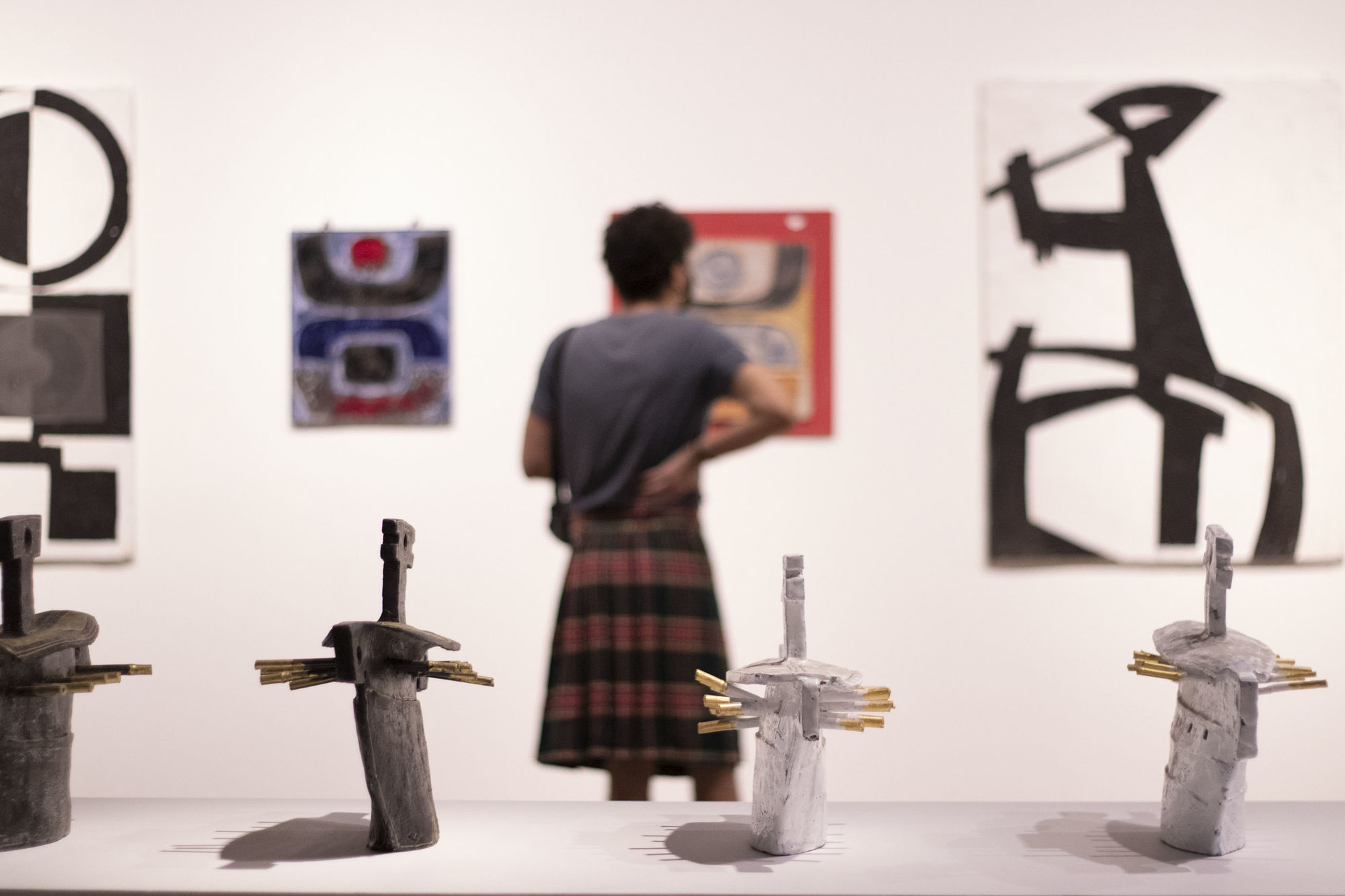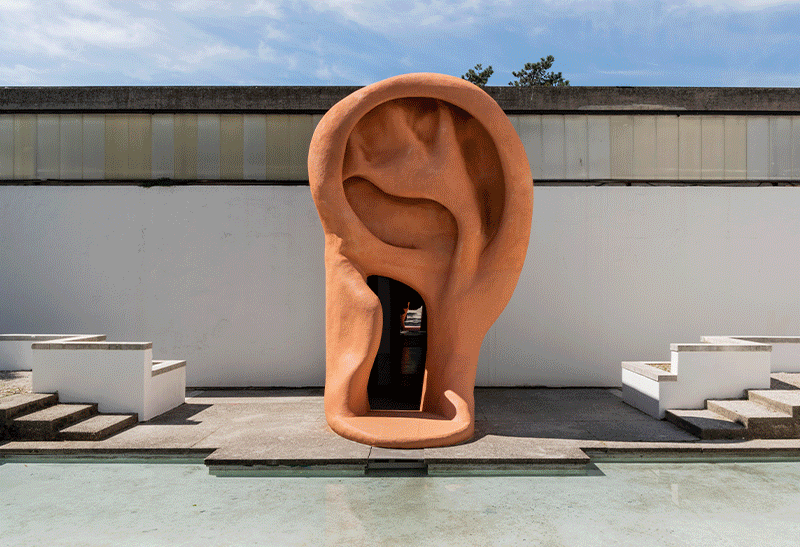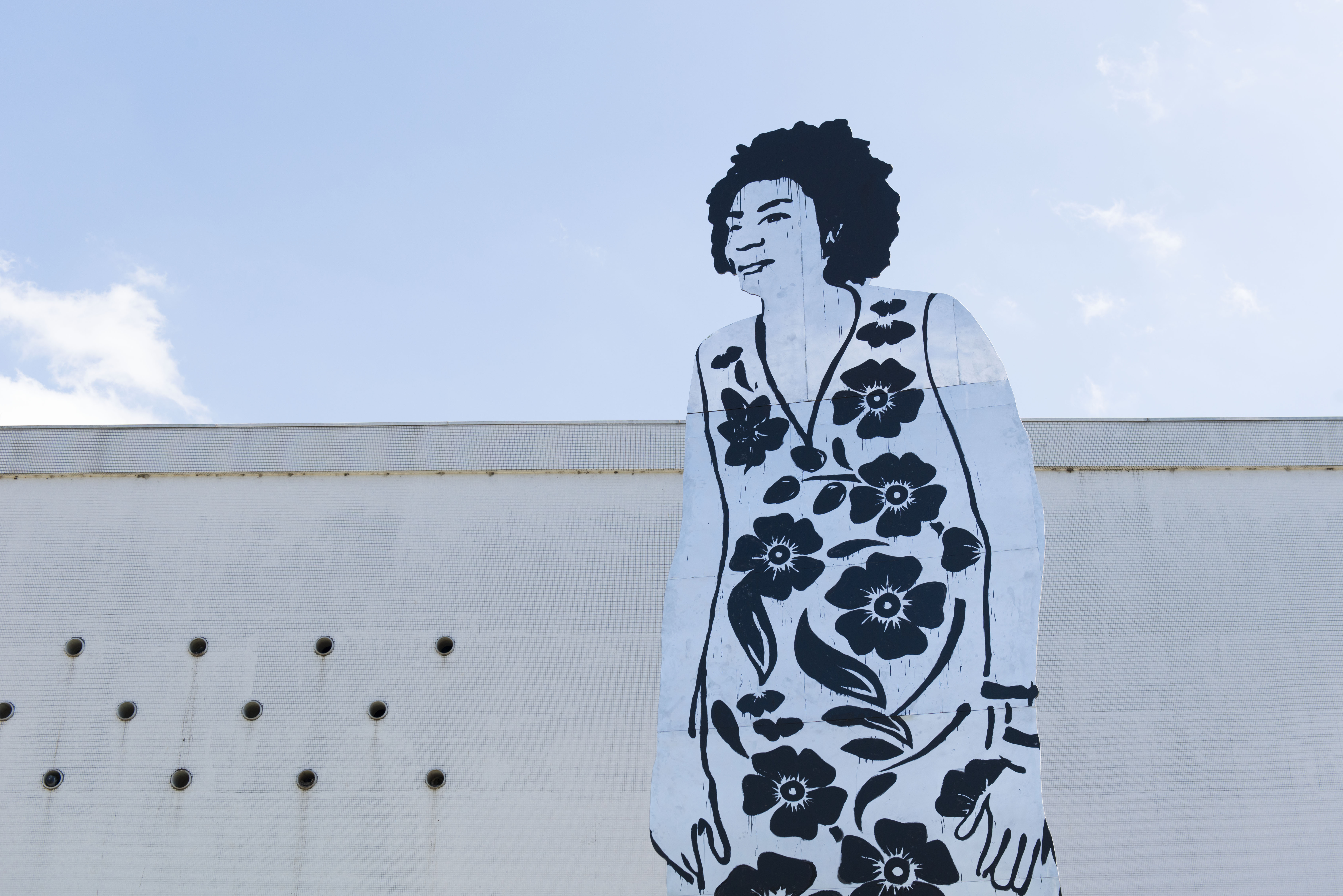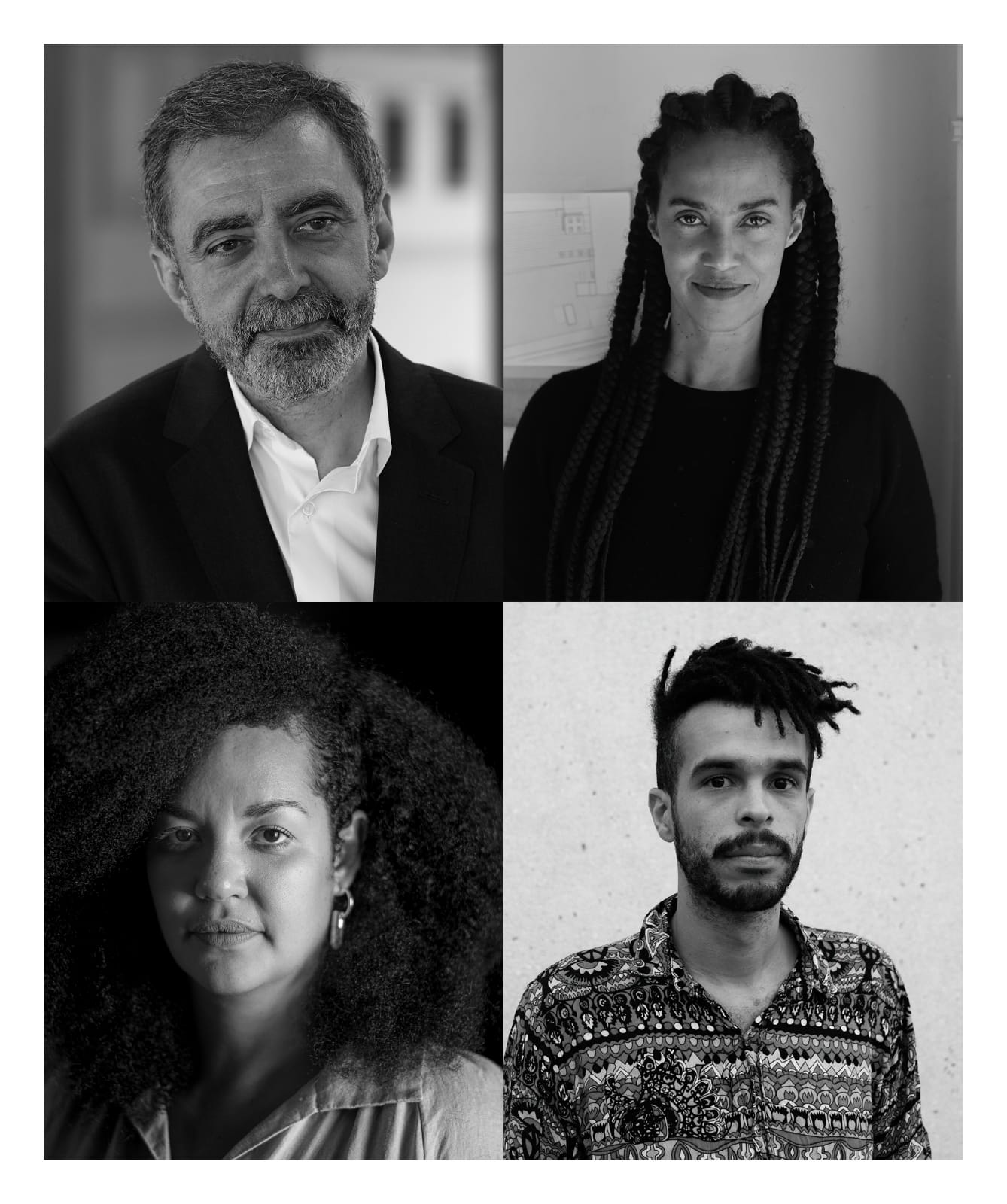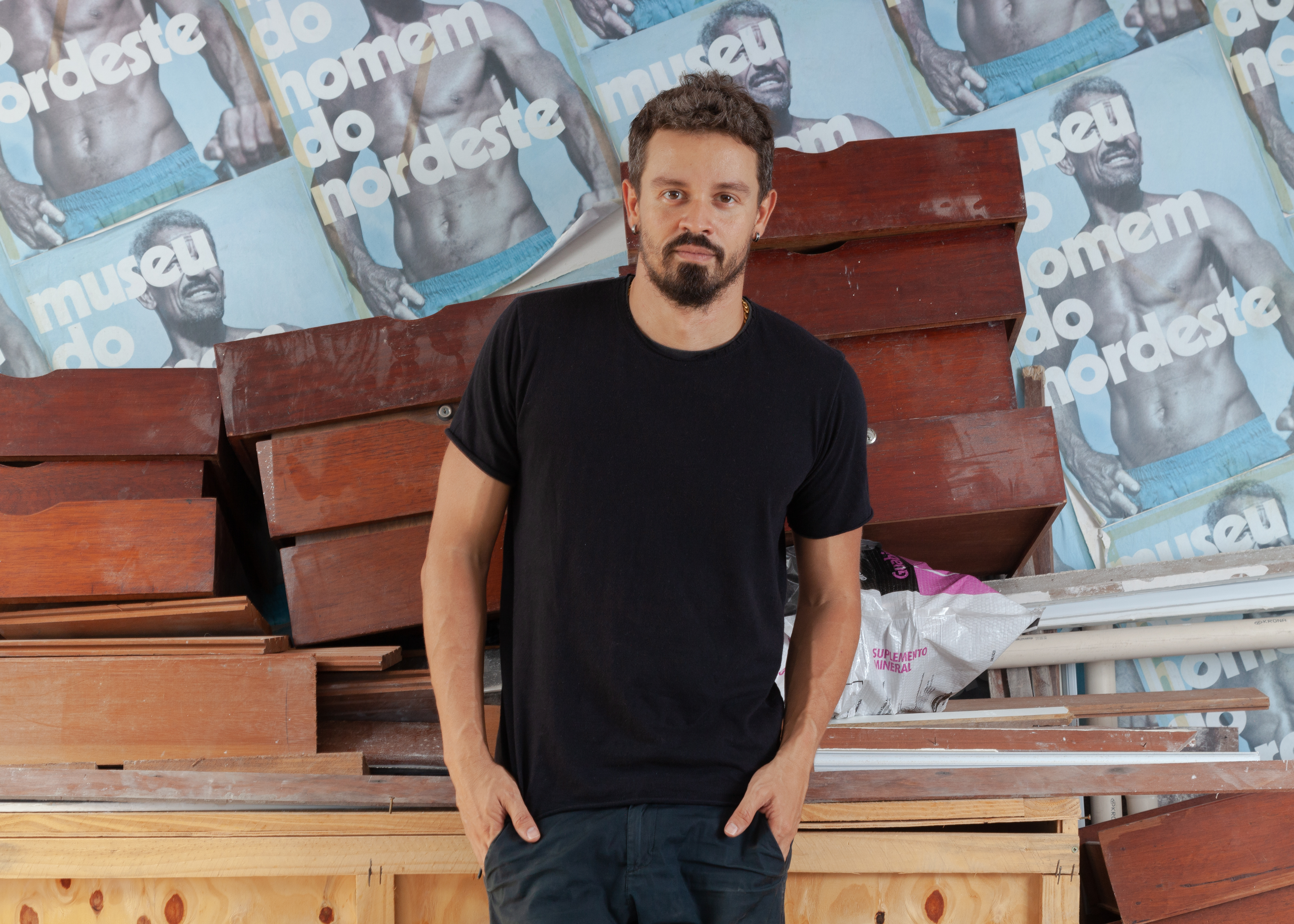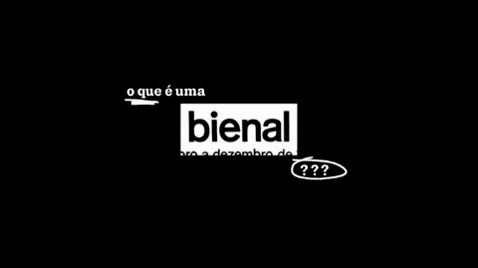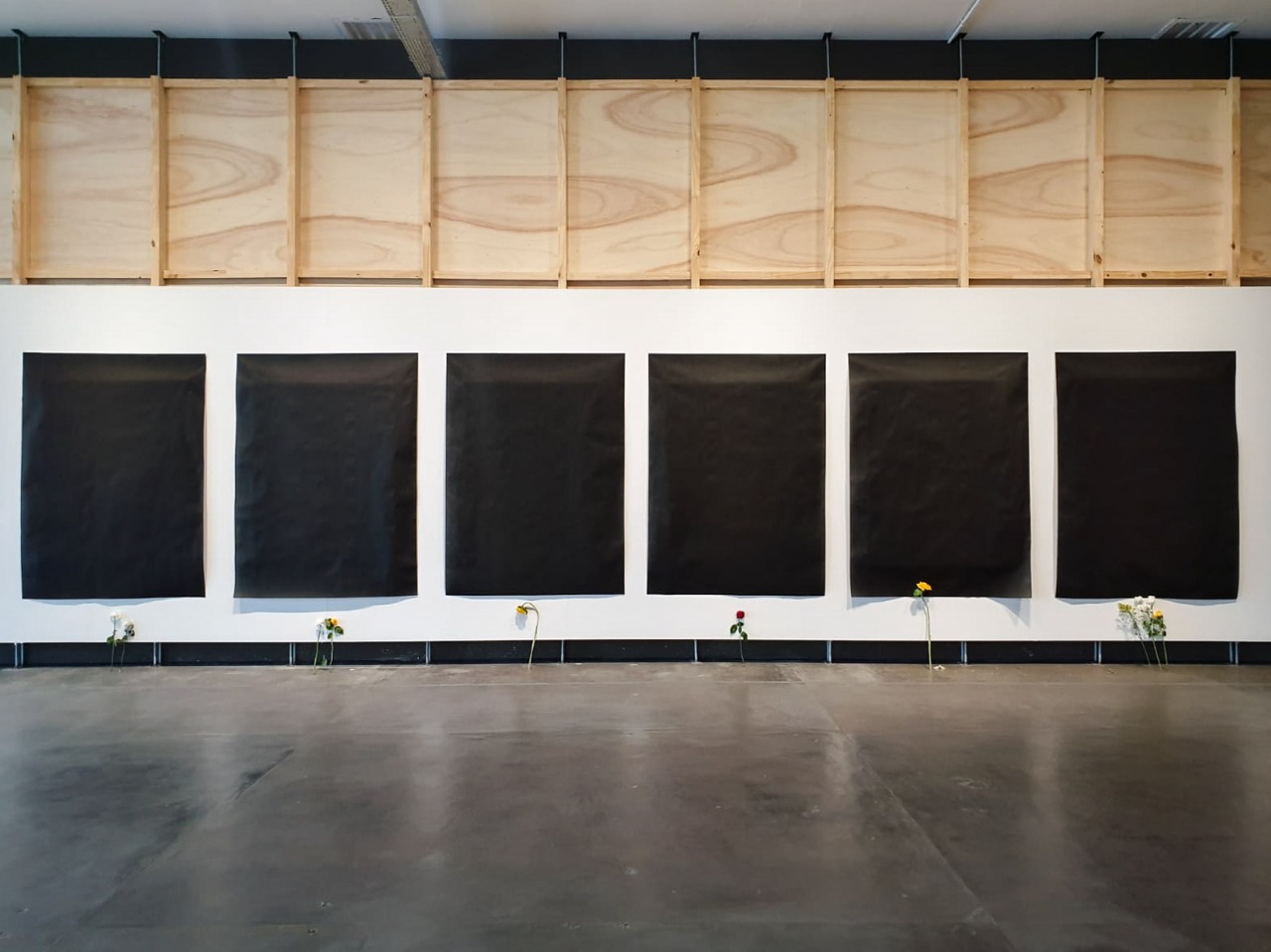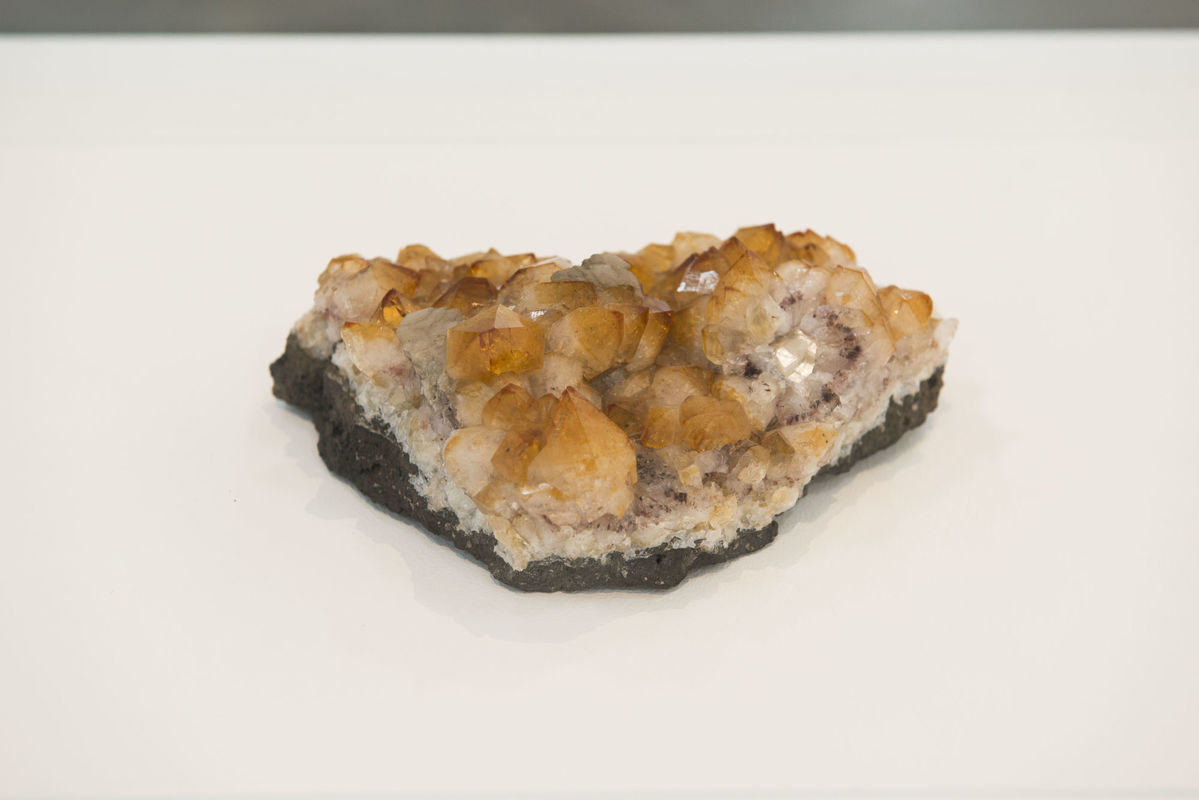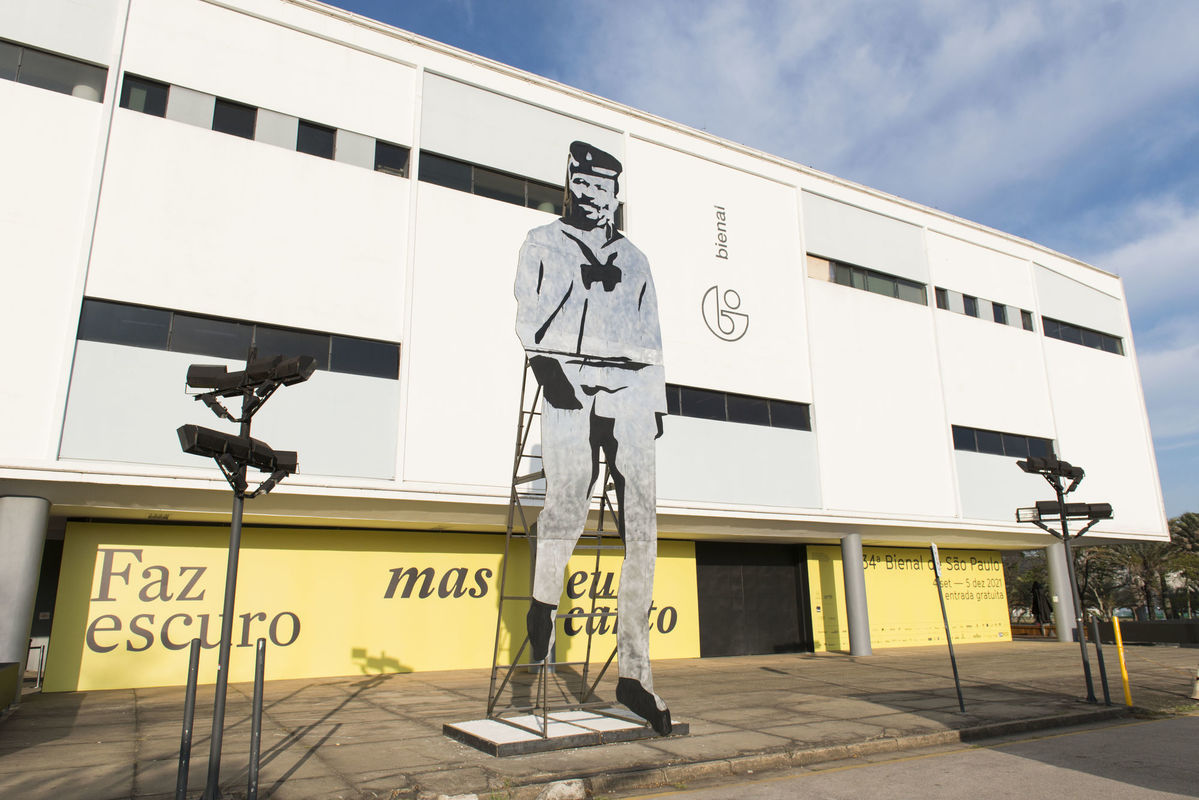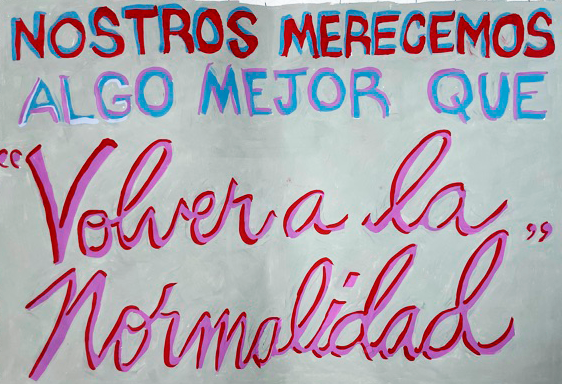![View of the installation <i>nós aqui, entre o céu e a terra</i> [we here, between sky and earth] (2021), by Eleonora Fabião, at the 34th Bienal de São Paulo. Commissioned by Fundação Bienal de São Paulo for the 34th Bienal. © Levi Fanan / Fundação Bienal de São Paulo](http://imgs.fbsp.org.br/files/359a62db6d4ad1966bdb7426138c6572.jpg)
Throughout the process of constructing the 34th Bienal de São Paulo, its curatorial team, participating artists and guest authors sent out letters with open dialogues that directly and indirectly reflected the development of the exhibition. This twenty-second and last letter was written by Jacopo Crivelli Visconti, chief curator of the 34th Bienal de São Paulo.
There were moments when we wondered if it would be possible, but we made it to the end. It wasn’t easy. For anyone. For all of us who made the 34th Bienal, in general, it was easier than for many others. Even so, it was tough going. And it was worth it.
It was worth it because without this entire process we might not have ever arrived at such a clear sensation of how seeing and being with art profoundly changes people’s lives. When we began to write this series of correspondences, which comes to an end now with this letter, it was because we wanted to talk about the process of how this Bienal was being conceived and constructed in a personal, intimate register. The letters were written in various ways, as each of us who wrote them has his or her own manner of expression. None of those that I have written up to now has been as personal as this one. Because I changed, I am not the same person I was three years ago. Not at all.
Édouard Glissant said again and again that no one is the same all the time, that we are always transforming, and there is nothing wrong with that. It is the trembling we feel when we make contact with the world, with other people, that transforms us. I always thought that this was a wonderful outlook, but I had never felt how profound and certain it is until now. Because I changed. I changed when I heard my friend and spiritual teacher Jaider Esbell tell about his dreams in the empty pavilion on a November night, a little more than a year ago. I changed while walking through the same pavilion during Vento, which was and certainly will always be the most unique of the exhibitions I have contributed to. I changed when I heard the extraordinary people that Vânia Medeiros and Beatriz Cruz invited to activate the work deposição with their talks, and when on several occasions I made the experiment of walking within the trading pit and observing the Bienal from it. I changed when I saw people crying in front of the many portraits of Frederick Douglass one beside the other. I changed when I saw the fragments of a meteorite separated for decades suddenly reunited, sleeping together in the dark and silent pavilion. I changed when I saw Neo Muyanga open the Bienal in February of last year, and close it, in another event with the Coletivo Legítima Defesa, just one week ago, in a ritual of thankfulness, resistance, struggle and hope.
There is a phrase by Alain Badiou, which you, the readers of these letters, have already seen, as I have cited it more than once, which says: “We can go on.” There is a firm, indispensable beauty in the resilience that made, and still makes us, go on. It is the force of the struggle of who has no way out except to struggle, but also of who struggles or acts by choice, in the conviction that things must improve for everyone before they can get good for anyone. I believe this, I have believed this all these months. It is what made me go on. But I don’t want to hold on anymore, to hold my breath under the water, to endure. It is time to emerge, to breathe and to move ahead. Now that, apparently, we have arrived at the end, I feel that it is time to begin.
On the day that the 34th Bienal opened to the public, at night, I received a message that said: estamos só começando [we’ve only just begun]. There was obviously a context for that phrase, there is always a context, and if there is anything we have defended at this Bienal it is that the context defines how we understand things, if we understand them. But the more it echoes in my head (and it has echoed a lot), the more it seems to me that it is also a phrase that goes beyond any context, which reverberates, which does not end, because it is beautiful to think that we are beginning, that we are always only (re-)beginning. For me, and perhaps for anyone who works conceiving and making exhibitions, the opening day feels more like a conclusion than a beginning. I always have the sensation that things actually happen during the setup, when nothing is crystallized or finished yet, when we (curators, artists, setup and lighting crew, designers…) talk among ourselves, we talk with the works and they talk to us. To think that the opening can really be the beginning, that it is at this moment that we in fact begin… for as obvious as this may appear to an exhibition visitor, for me it is a nearly revolutionary idea.
And it is even more revolutionary to think that we’ve only just begun right now that the Bienal has ended. Even a giant exhibition can be a seed. It can be, in Aristotelian terms, more of a potentiality than an actuality, and, to me, it seems that what lies in potential is always much more beautiful and thought-provoking than what is fully realized. Our wish to make this exhibition an open rehearsal, in a certain way, had to do with this, with the wish to go on beginning, go on in potential, go on risking, go on with butterflies in our stomach. To go on without really knowing what is to come. The thrill of thinking, organizing and visiting an exhibition often springs from the understanding that it is part of the world. And the wish to be permeable to the world was the starting point for the 34th Bienal, which gave it a relevance we had never imagined, which could never have been foreseen. Because the world is always beginning, always being revealed as something we cannot grasp, which surpasses our expectations and what we can understand.
Take care, it was quite a journey, but we are only just beginning, whatever it may be.
* A Bienal is a huge and authentically collective effort. The small part of it I can take credit for is for Lu.
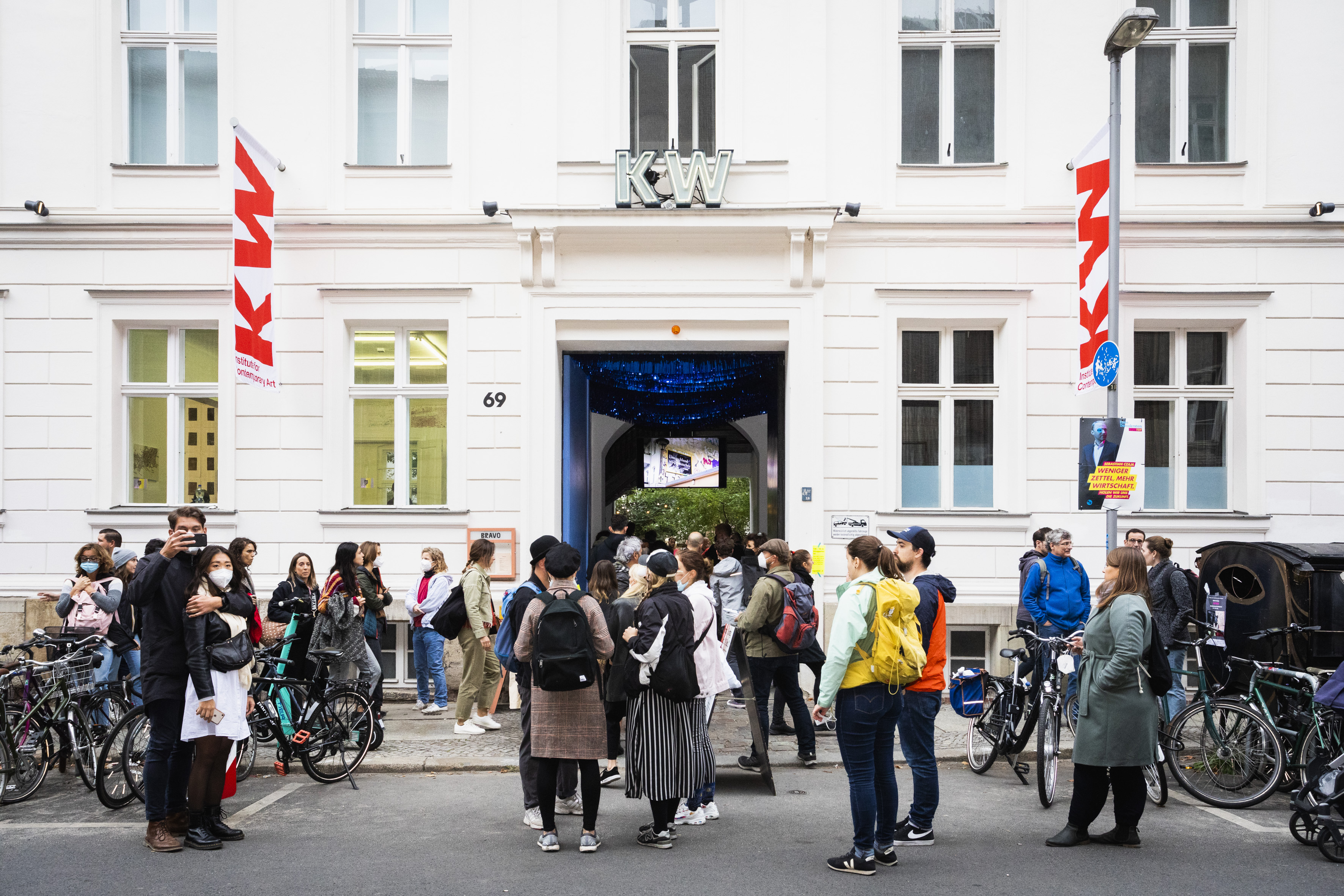
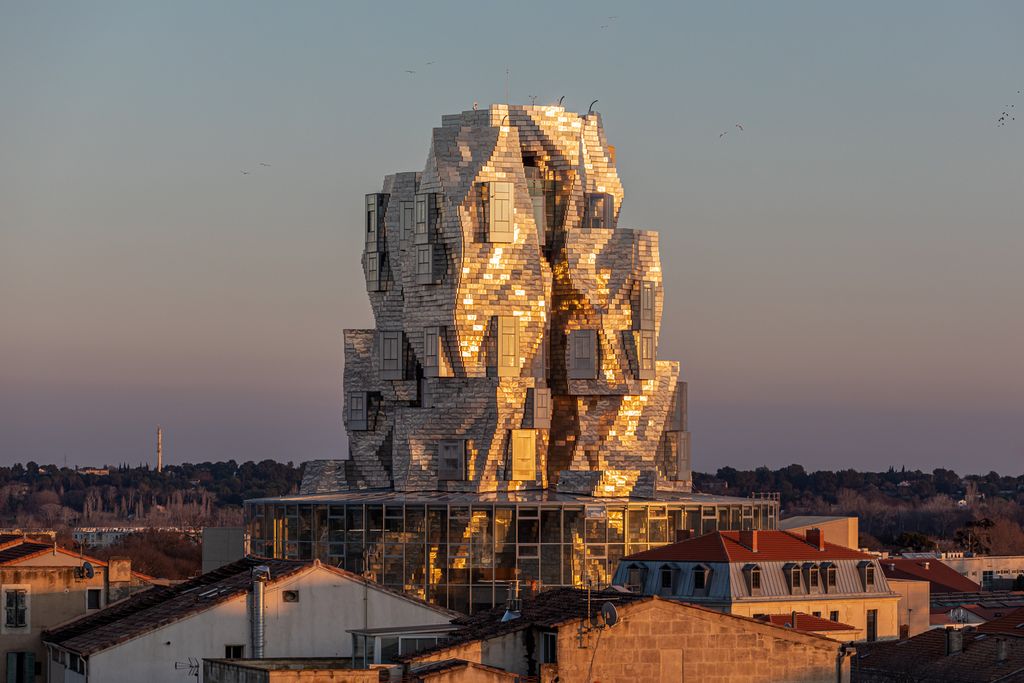
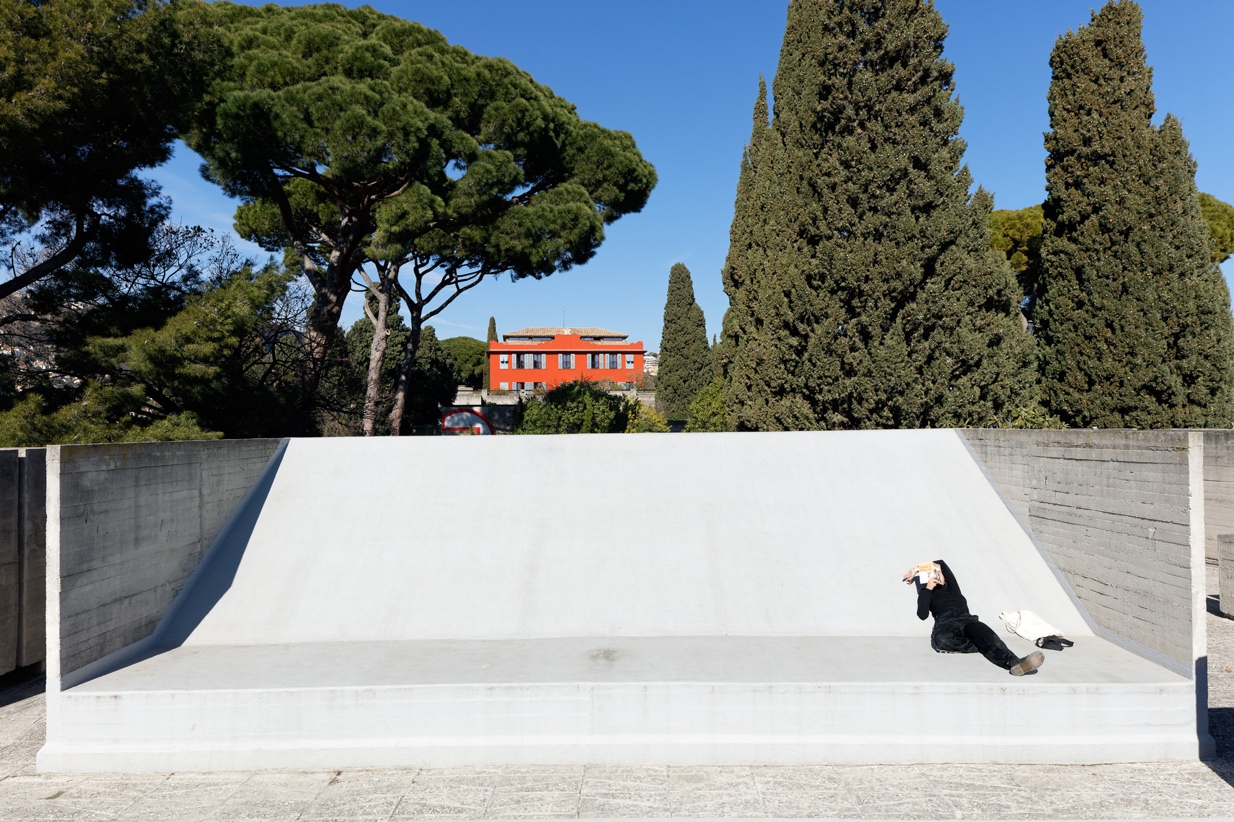
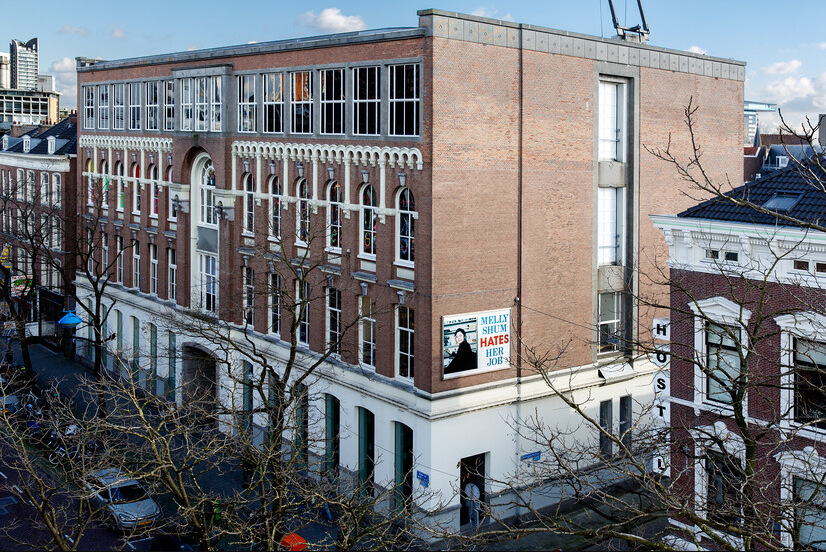
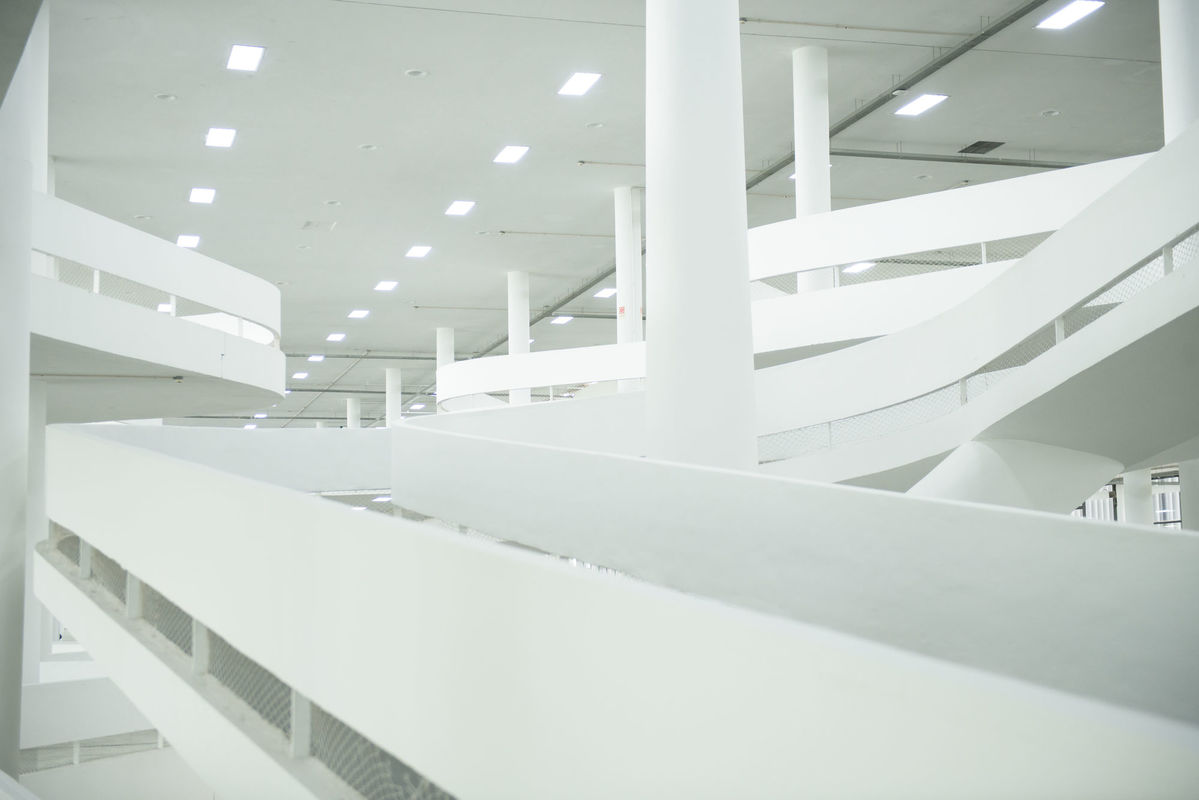
![View of the sculpture of the series Corte Seco [Dry cut] (2021), by Paulo Nazareth during the 34th Bienal de São Paulo. Commissioned by Fundação Bienal de São Paulo for the 34th Bienal de São Paulo](http://imgs.fbsp.org.br/files/81b3a05327e8559c64fc5cda09f3e1f8.jpg)
